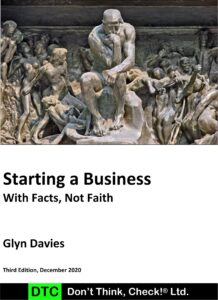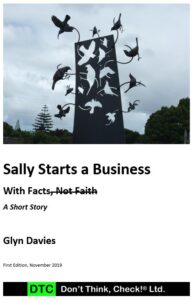
Peter Drucker wrote, “[t]here is nothing quite so useless, as doing with great efficiency, something that should not be done at all.”
To that pearl of wisdom, we could add “or should not be done any more.”
A critical part of management’s role in managing resources for maximum benefit is to focus resources where they will most effective. The operative term here is to focus, which also means to concentrate. And the necessity of concentrating resources demands that we remove resources from where they will be least effectively applied.
Let’s consider an analogy to make the point; imagine that you have five plant pots filled with fertile soil and that in each pot, there is one fertile seed (a potential Distinctive Value Proposition (DVP)). Now further imagine that the only thing preventing all the seeds from germinating and growing into high-yielding tomato plants is water (your resources), but you only have enough for one pot. What do you do? Do you water all the seeds equally causing all to fail (by causing them to rot), or do you concentrate on one seed to increase the probability that one potential DVP will succeed (no pun intended)?
Is there something that you and your organisation should stop doing?
Adapted from Peter Drucker, Management Challenges for the 21st Century.



